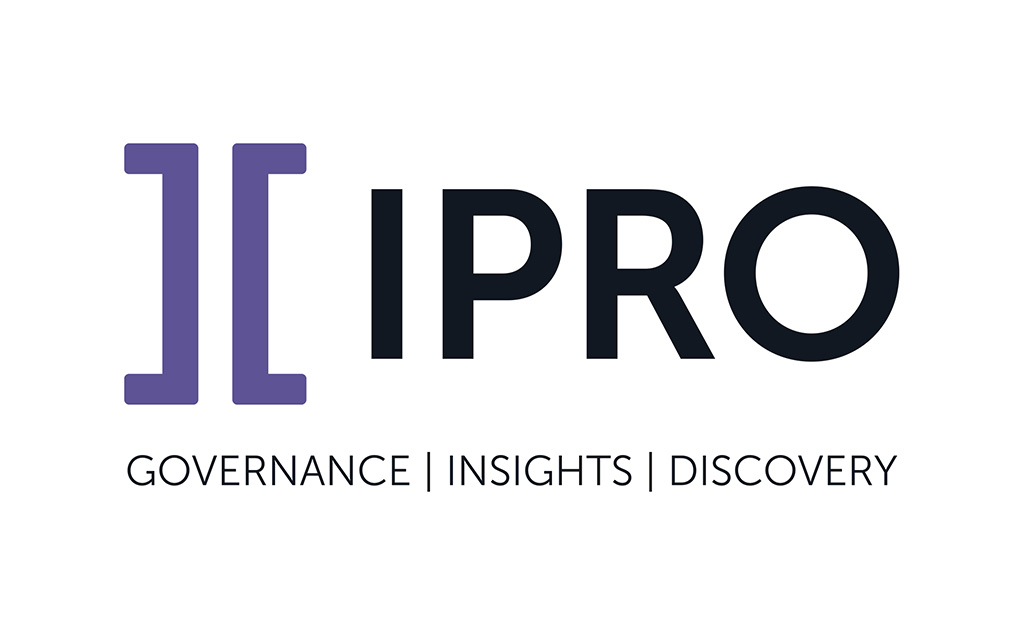
An upcoming webcast attempts to tackle how an organization can know if its e-discovery processes are efficient.
November, 6 2015
By Zach Warren, Legaltech News
Between collection, storage, analysis and numerous other tasks associated with the process, discovery often turns into the most-time intensive — and therefore costly — part of litigation. However, technology can make even the most arduous review simpler… as long its utilized effectively.
In a webcast entitled “Time is Money: Streamlining the E-Discovery Review Process,” to be presented Tuesday, Nov. 10, at 1 p.m. ET, e-discovery experts will tackle how legal firms and corporate counsel of all sizes approach their e-discovery process, with the goal of efficient, yet still comprehensive, review at the forefront. Through the webcast, the panelists will help companies and law firms answer three key questions:
- Do you have efficient processes in place?
- How do you know you’ve gathered the right data?
- What’s the most efficient manner to store, evaluate and transfer data?
The panelists include Geoffrey Vance, firmwide chair of Perkins Coie’s e-discovery services and strategy group; Kim Taylor, president of IPRO and former co-founder and CEO of Lex Solutio; and Erin Harrison, editor-in-chief of Legaltech News.
Writing for Legaltech News in June, Vance noted that modern day lawyers seem to be light years behind when it comes to e-discovery. “I’ve concluded that the real problem rests with attorneys (in most cases, partners) of law firms who do not understand the value of TAR. After all, it’s those attorneys that have direct access to the clients that are in the best position to identify times when TAR can and should be used and know enough about the client, matter and related data to explain how TAR can reduce client expenses and improve client deliverables.”
However, in a later writing for Legaltech News in September, Vance argued that three main groups should be responsible for bringing about change: law schools, bar associations, and yes, those very same lawyers and law firms. “The problem is not that attorneys are greedy, it’s that most don’t know enough about the values of technology, and the law firm environments in which most attorneys work are not ideal. … The best and most successful e-discovery teams involve attorneys and technologists who interact well together and respect and appreciate what each other brings to the table,” Vance wrote.
Taylor, meanwhile, told Legaltech News in September that streamlining should be the next goal for in-house counsel to introduce efficiency into the e-discovery process, rather than the currently pervasive stop-and-go style.
“Current systems are still employing the inefficient old way of batch processing with all the starts and starts that force data into one system and then require users to wait for it to copy before you can even have users start look at what they have,” Taylor said. “Not only is the current process incredibly inefficient, it is very costly both in terms of money but also potential risk. These stops/starts introduce multiple points for human errors, from procedures and steps not being done according to policy or just plain old mistakes. Data that shouldn’t be processed gets moved down the line.”
Registration is required for the webcast. Those interested can sign up for the webcast by providing information on the registration page.

